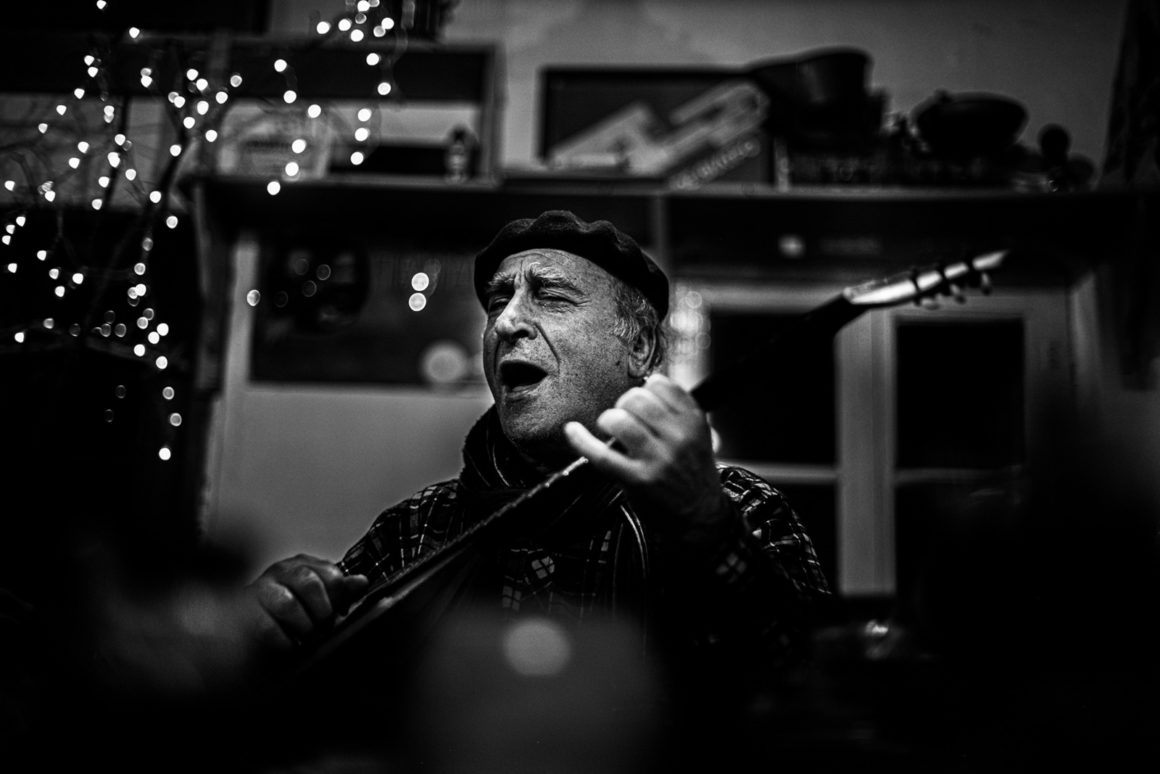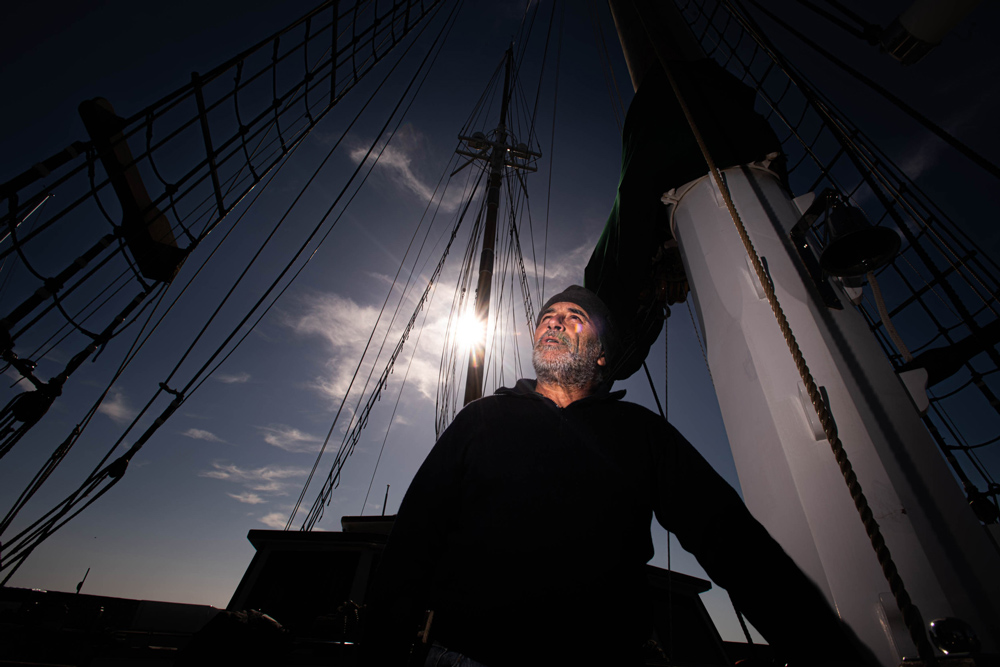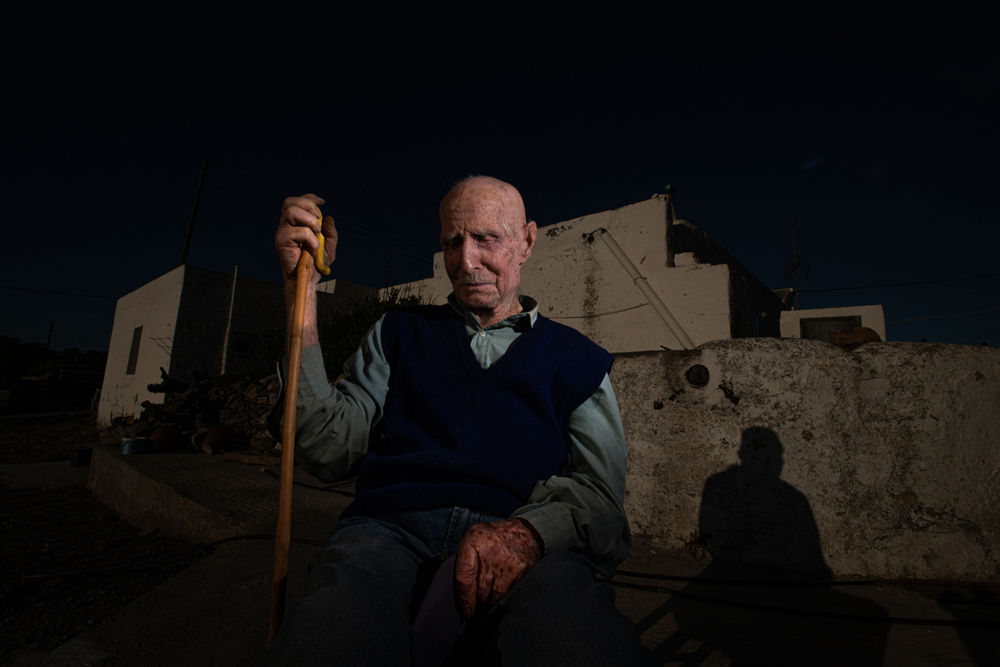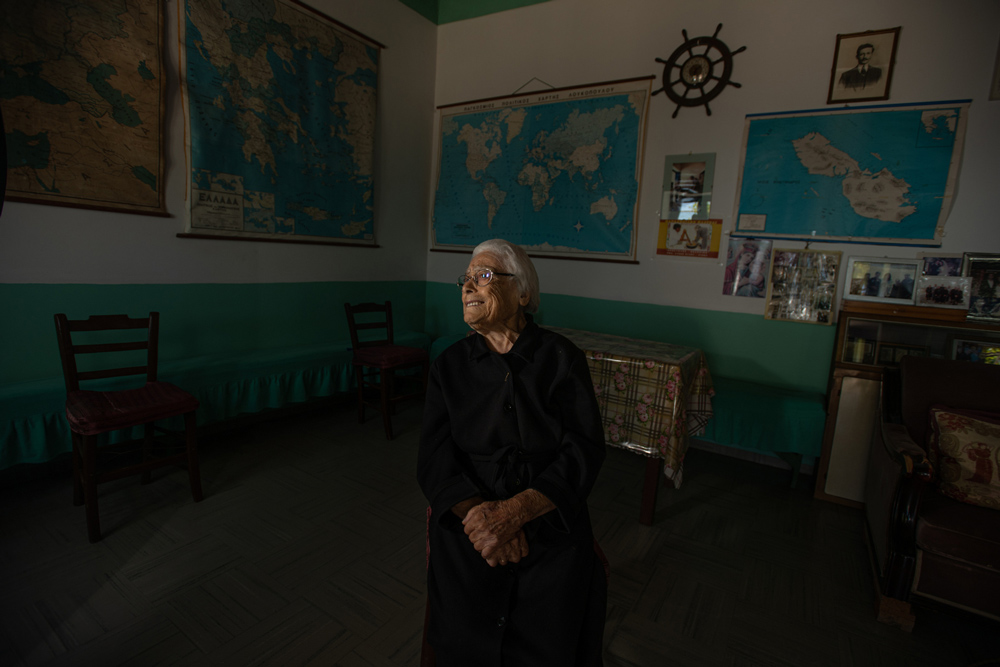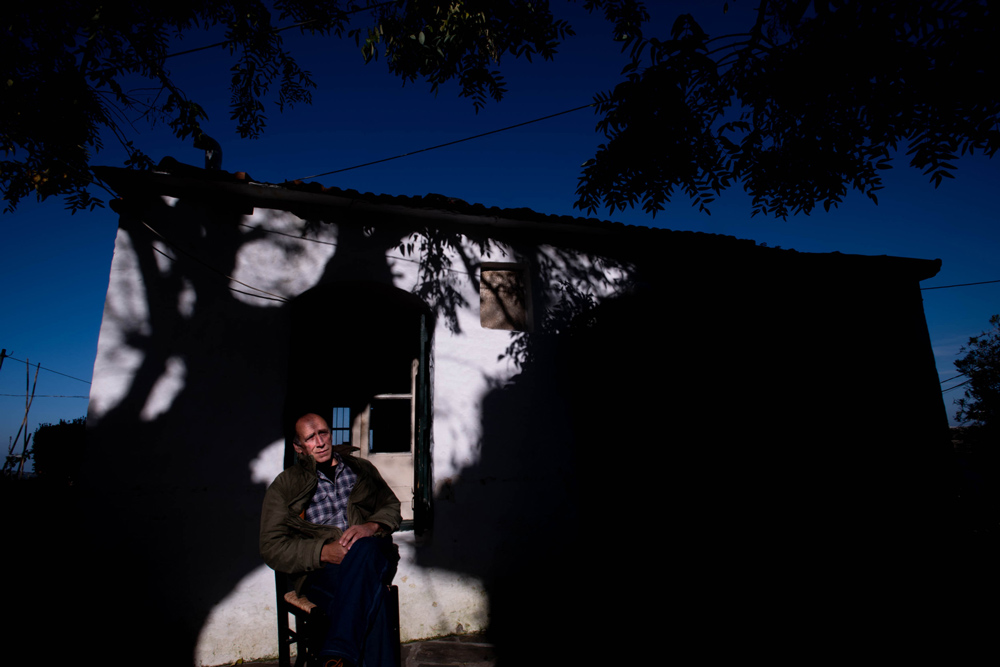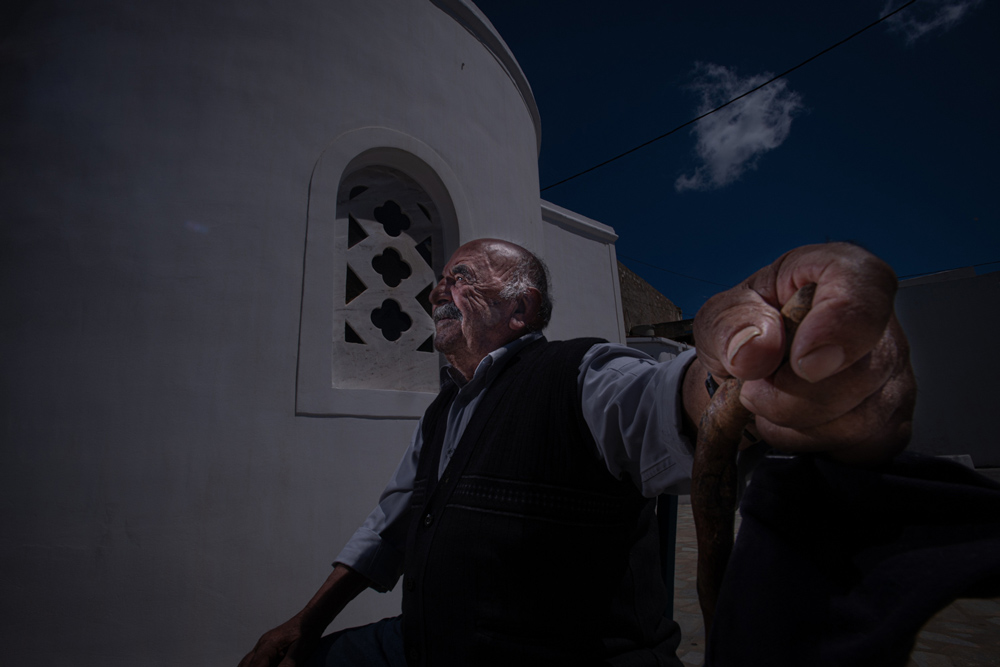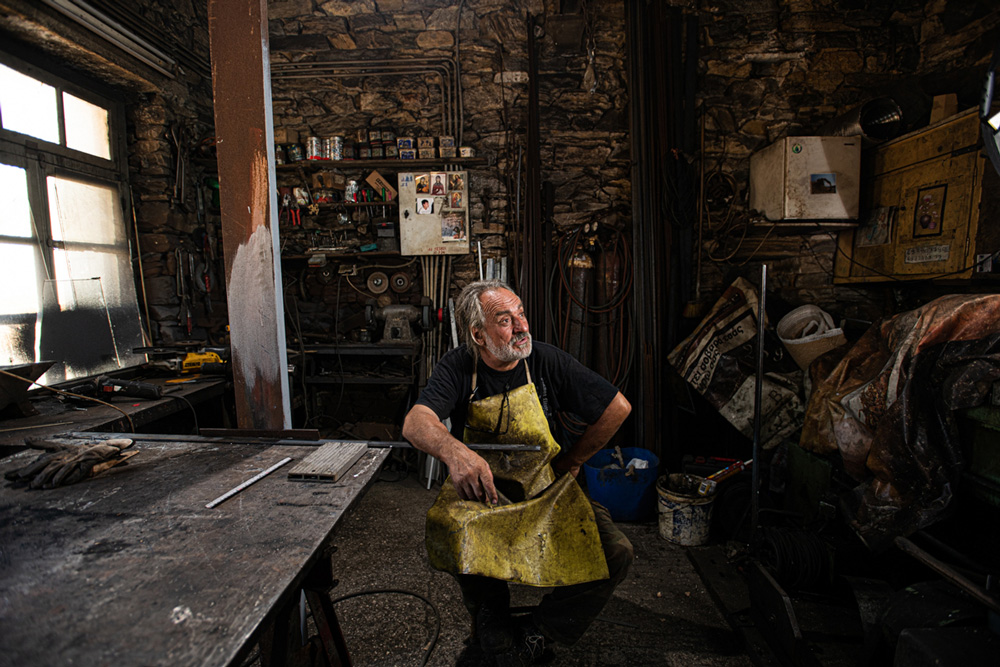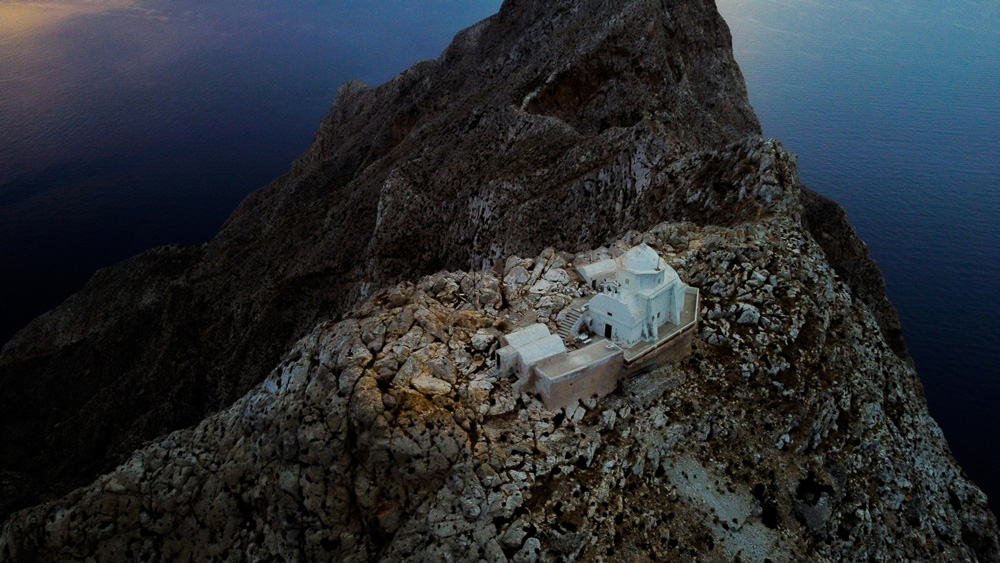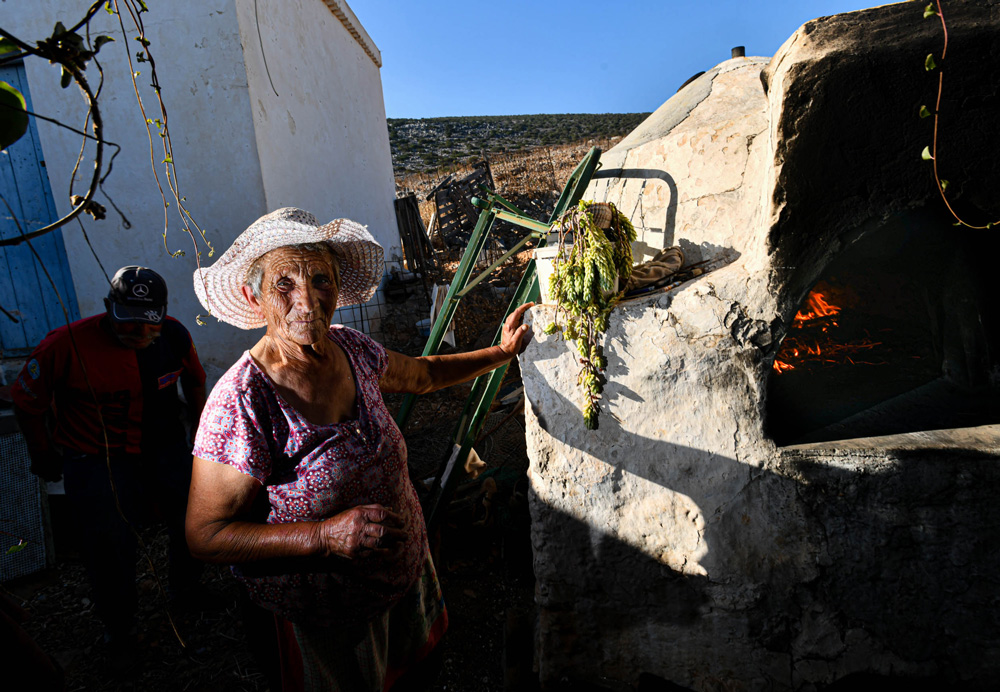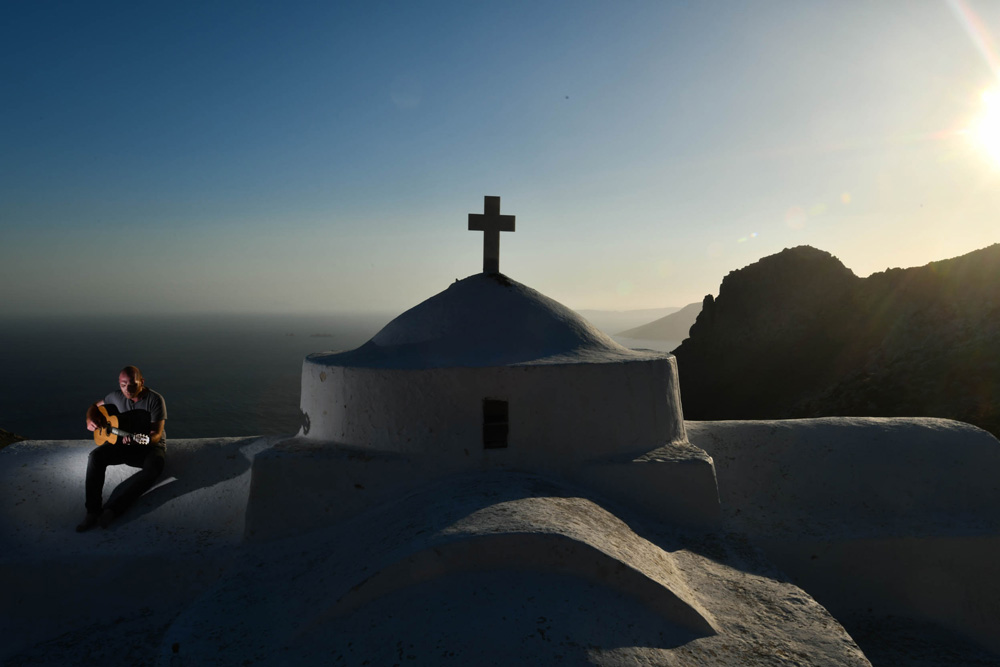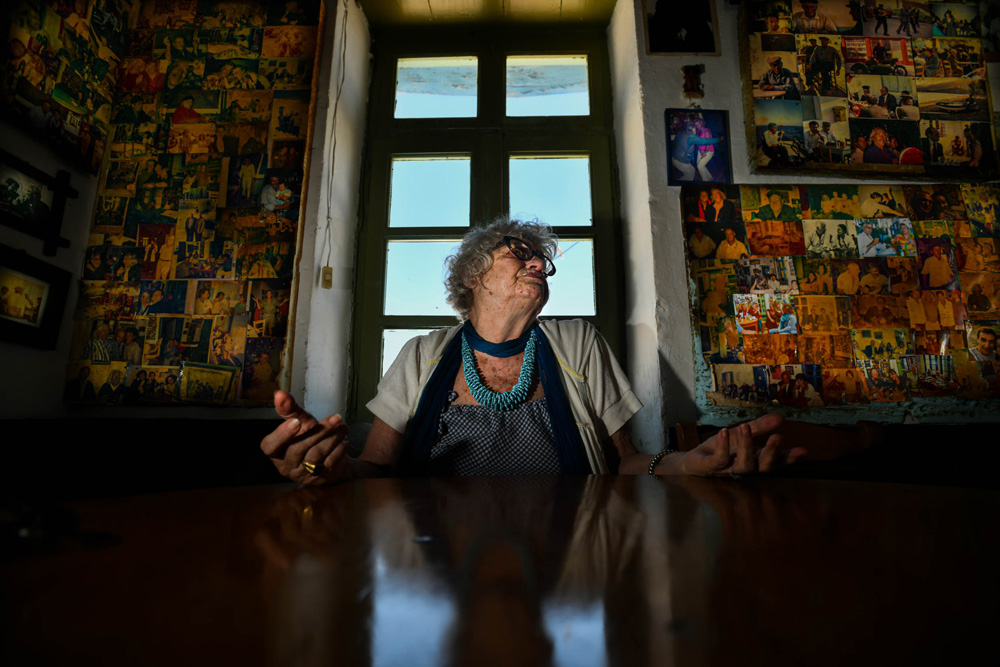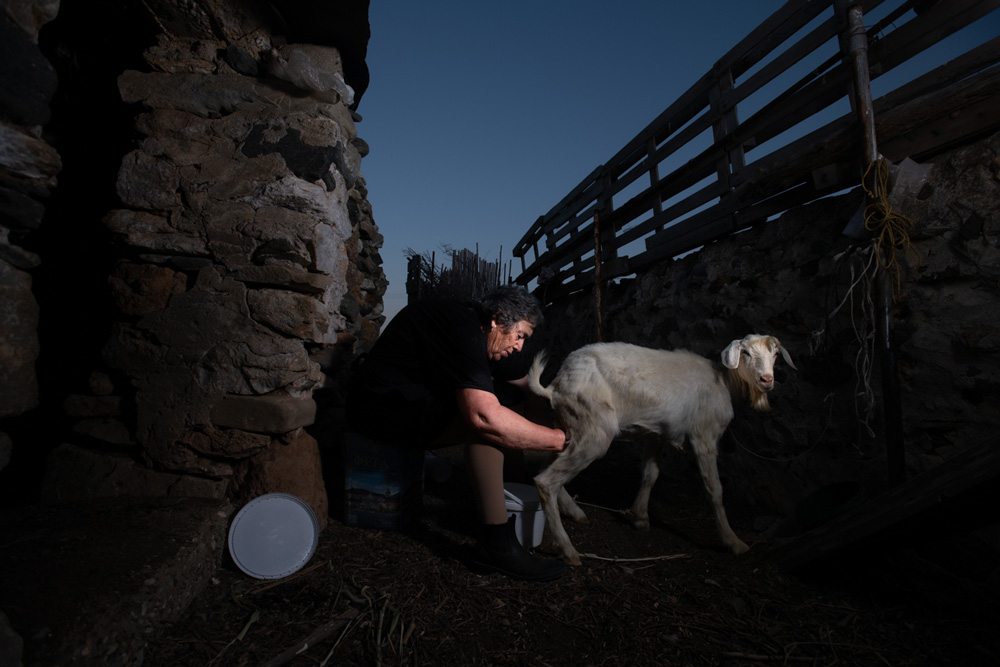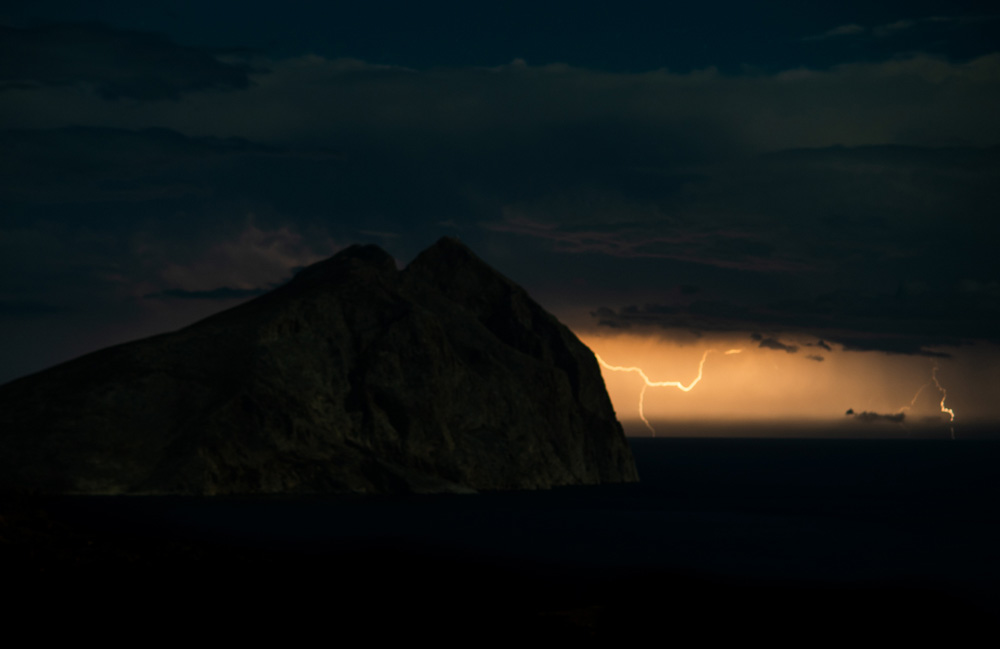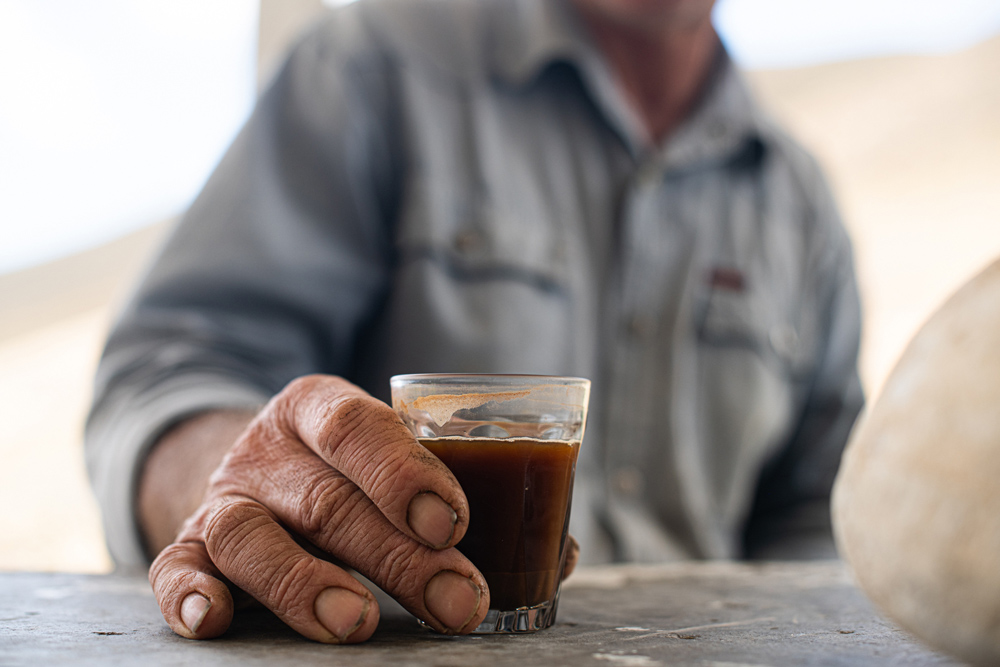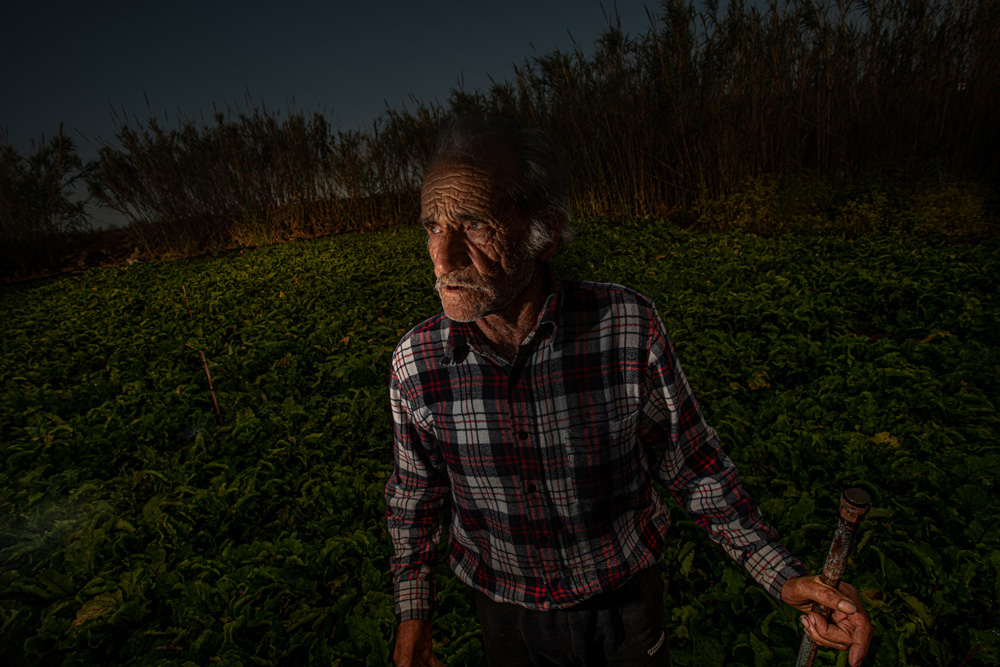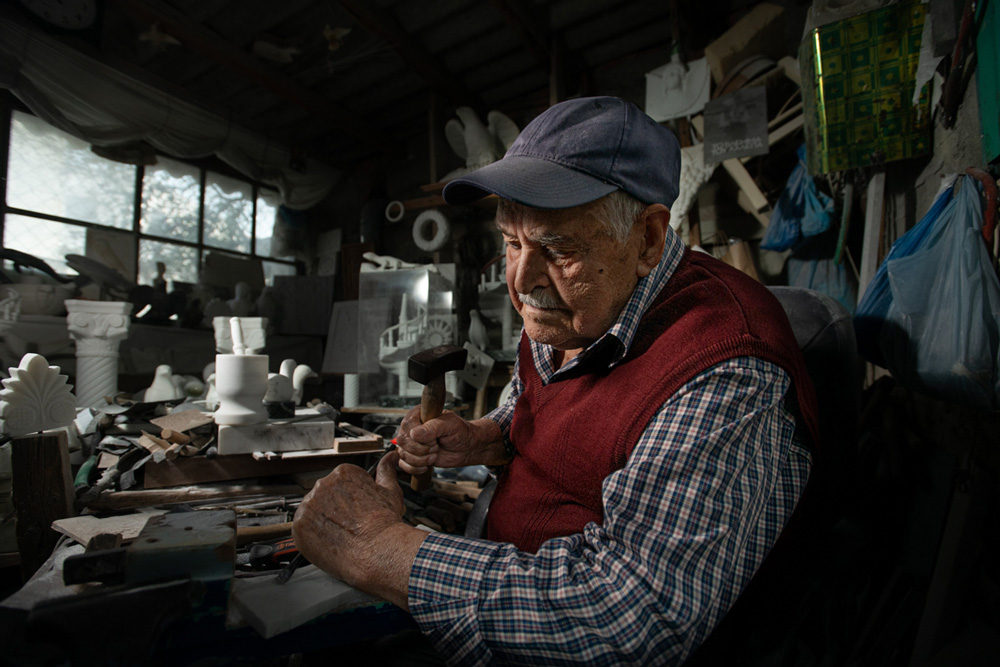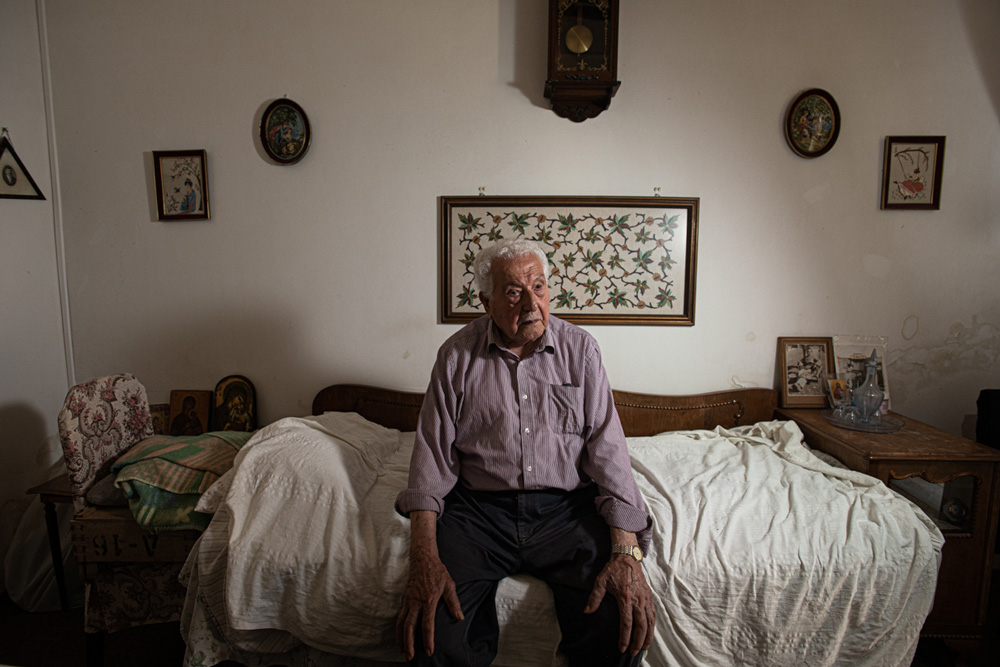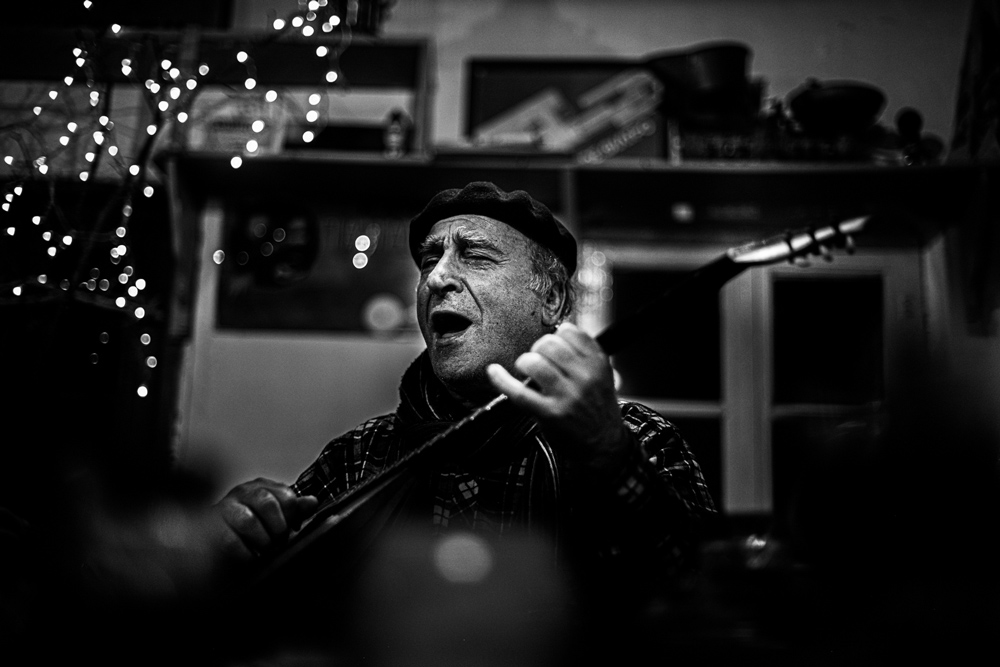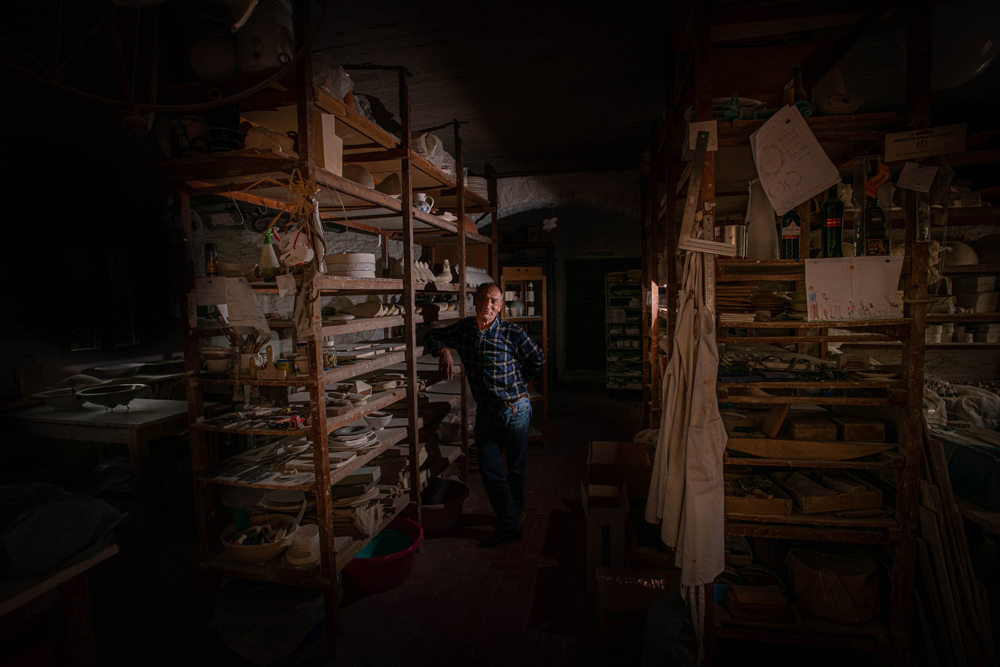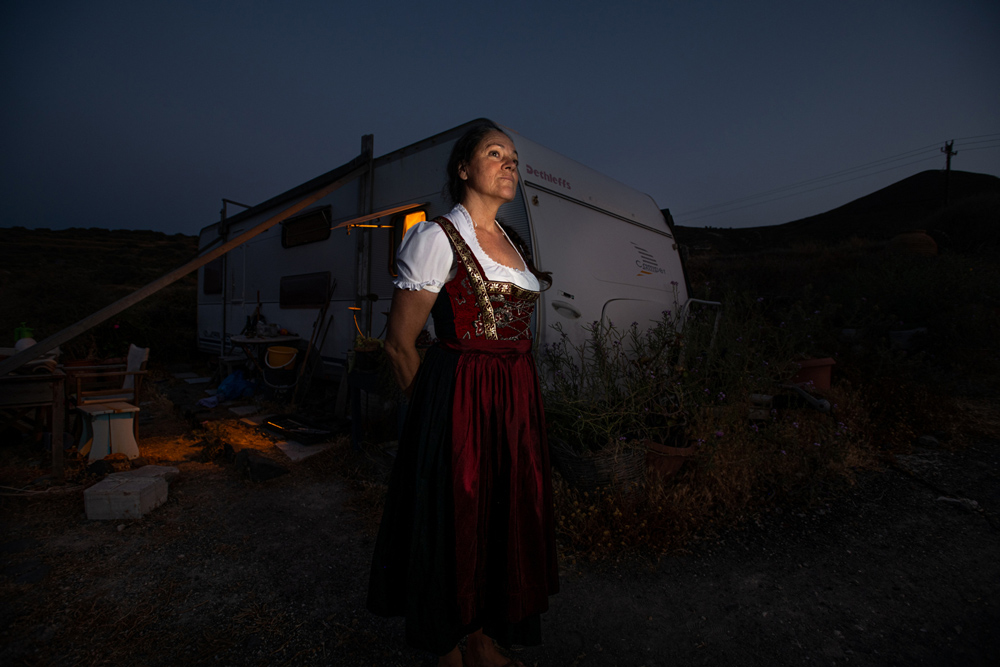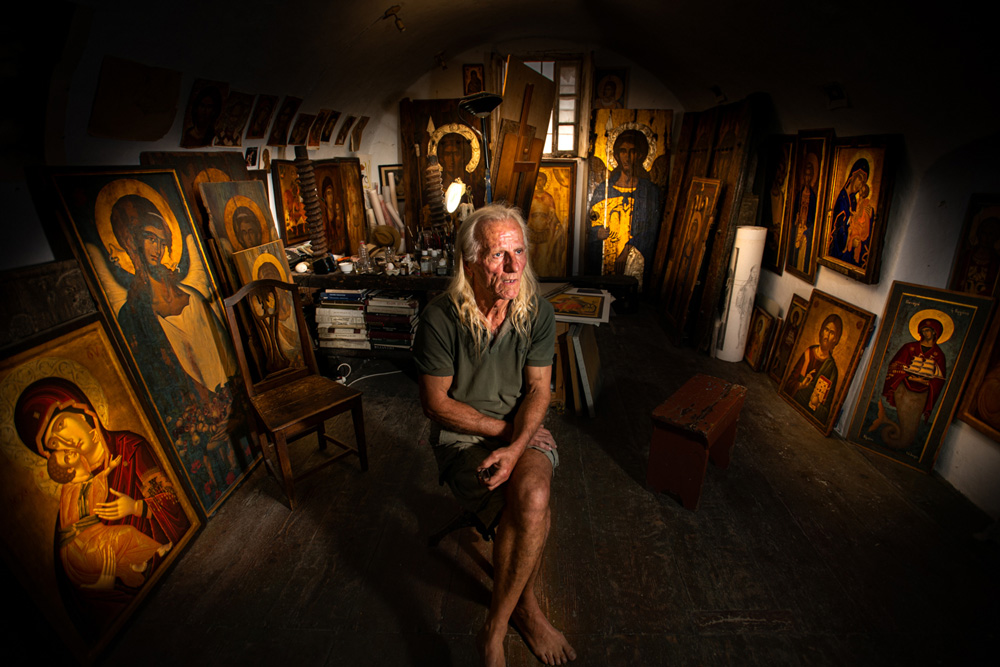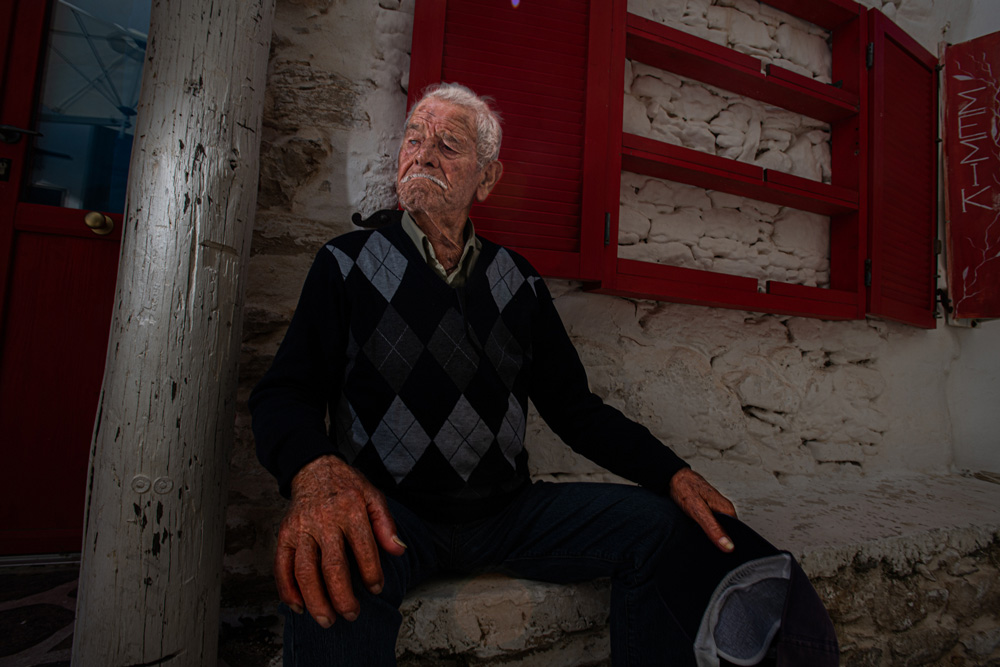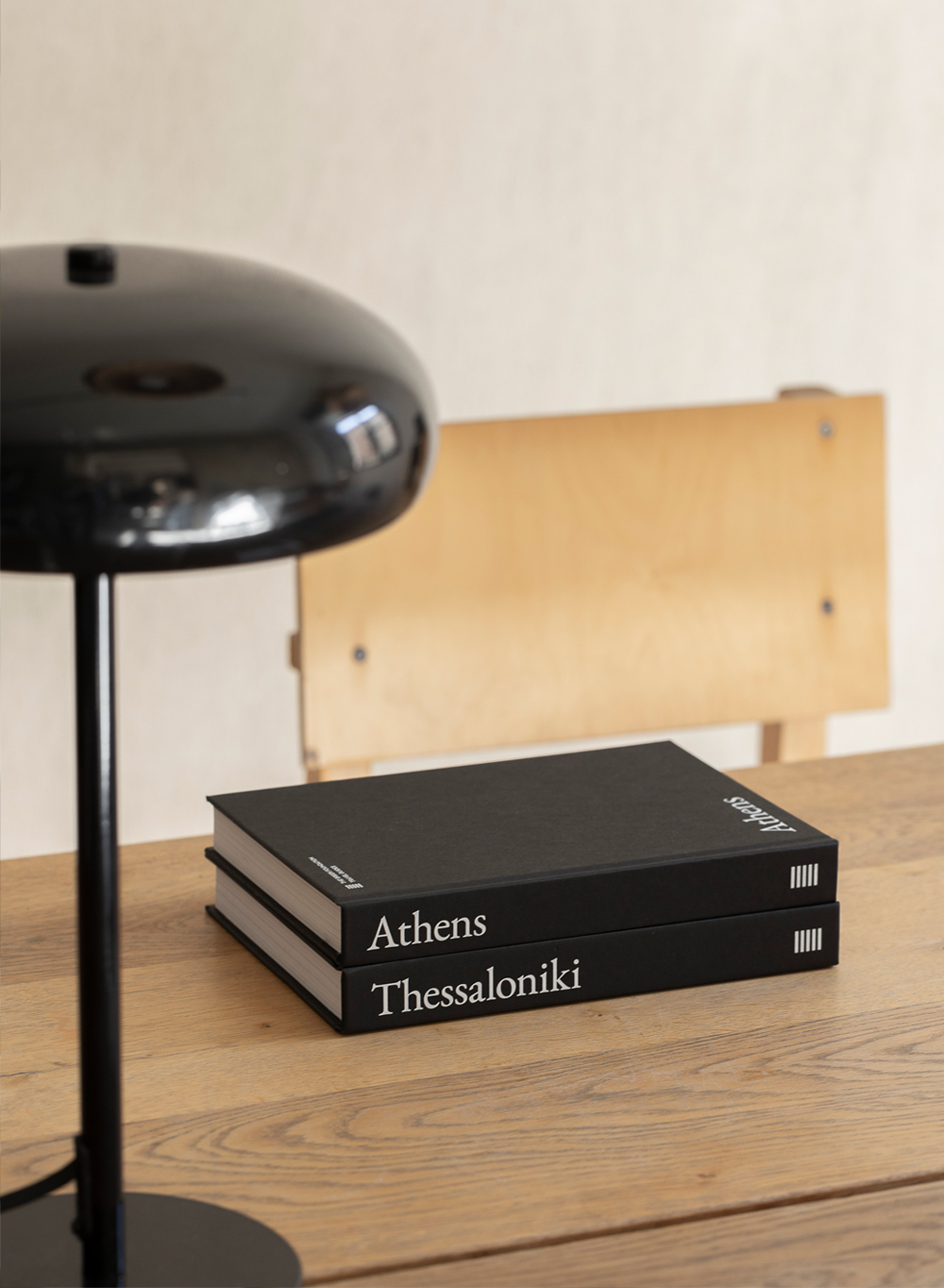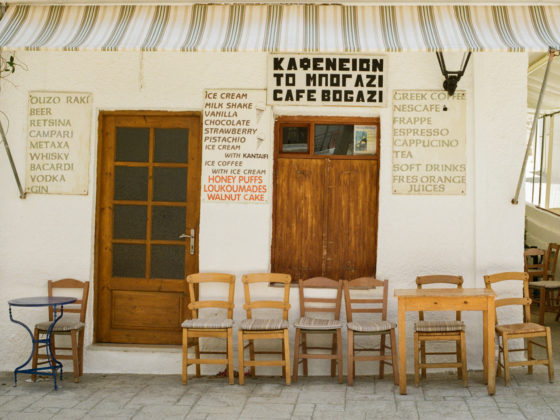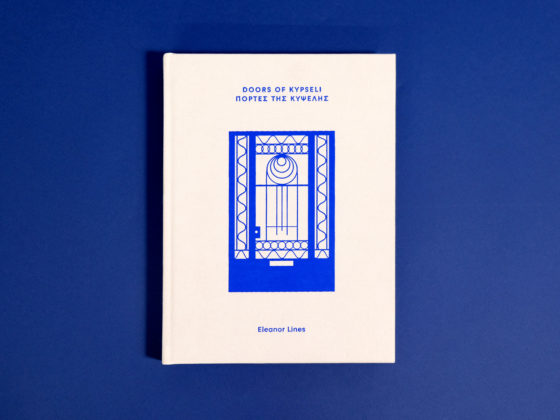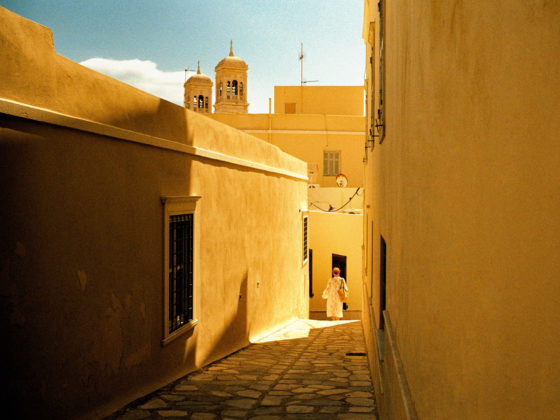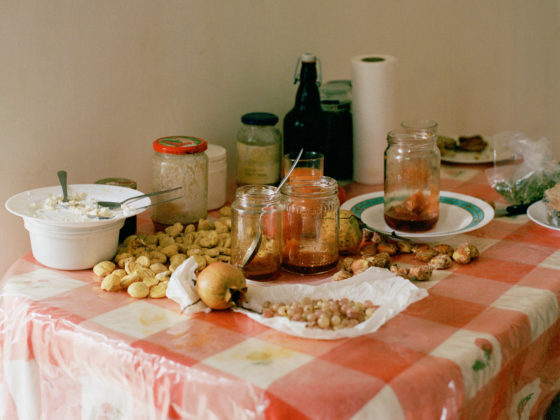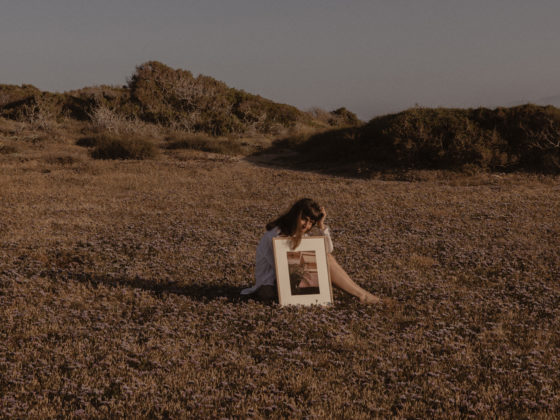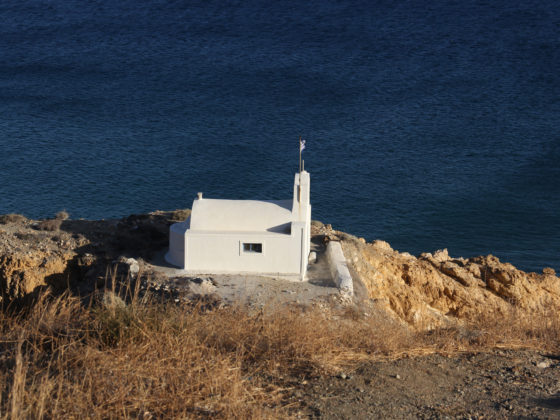Marabou_Aegean project is a journey to the inhabited islands of the Aegean composing of a historiography of emblematic individuals, represented through images and accompanying texts, with the aim of preserving and commemorating the true essence of each island.
Marabou_Aegean is a journey set out to uncover the untold stories of the people of the Aegean islands; observing the occupations at risk of becoming extinct and the local customs and traditions that are unique to each island. It is a long-lost dream that is ready to enter the realm of reality.
It is the inhabitants of these islands who embody the heart and soul of the Aegean.
A collection of folks who aren’t simply linked together by a nickname, a rare talent and a characteristic gaze, but by the unique stories that form the identity of our Aegean.
Diverse people whose common characteristic is their love for the place they call home, a passion to preserve its history and an endless longing for life.
Through this project we seek to get to know these people, their faces weathered from the salt and honest gazes, and become part of their gripping stories told in the little traditional cafes (kafeneia) – spaces that are unfortunately becoming extinct and thus jeopardising the existence of the many narratives that play out within them each day.
The coffee table book that will emerge from this project, displaying the material collected from visiting around 70 inhabited islands of the Northeast Aegean – the Cyclades, the Sporades islands and the Dodecanese – will display a folklore identity since it serves to preserve fragments from the lives of the islanders. For this reason, there is a greater emphasis on the photographic depiction of these individuals within an environmental portrait. A form of narrative photography that manages to masterfully depict the individual’s personality whilst simultaneously revealing information about their past, long lost memories and the history of the island itself.
Timeplan
Our aim is to record a total of 70 islands. We aim to visit 2-3 islands each month calculating that it should take up to a period of around 20-25 months in order to cover the total of 70 islands, whilst taking into consideration any unforeseen circumstances (weather conditions, cancelled travel itineraries, stranded areas) which may cause a time delay, however, not surpassing a two-month period.
Added Value
The main idea behind this project is a modern yet traditional documentation of the lives of the people living on the Aegean islands. Intertwining a narrative of words and printing the photographs on paper in the form of a coffee table book will help to ensure these unique individuals and what they stand for is preserved forever. Whilst the video recordings, thematically in the form of episodes as well as collectively in the form of a documentary, will allow for the reproduction of the material for both televised media and internet content.
Finally, the material will be used wisely and distributed to be displayed at periodic exhibitions, museums and galleries. This project is aimed at an audience of all ages, however, a greater emphasis will be placed on a younger audience who via a visually modern layout, the use of video to be shared on social media along with the exhibits, will have the chance to completely immerse themselves in this experience of the Aegean, to discover its people and learn the history of this unique region in the most unedited and true-to-life way.
Moreover, in partnership with Katerina Papadopoulou and her band “Notio Toxo” – one of the most well renowned bands performing traditional music focused on sounds from the Aegean – who will create a series of sound and video recordings at unique locations across the Aegean islands – monasteries, caves, lighthouses or abandoned houses. Thus, incorporating traditional musical elements from each place with the aim of celebrating Greek heritage and culture as well as uncovering forgotten aspects of the Aegean.
Constantinos Sofikitis would like to thank the people who have supported him in all this effort and are very important to the project: Dimitris Sofikitis, Marina Nicoletopoulos, Tryfonas Klis, Katerina Papapostolou, Vassilis Goutis, Nikol Andriotaki, Katerina Papadopoulou, Petros Sofikitis, Themida Sakellariou, Hermes Geragidis, Ismini Mavroidi.
Last but not least, very special thanks to the author Ioannis G. Tsatsaris and his knowledge, observations and advice that has determined the approach and values of this project.
